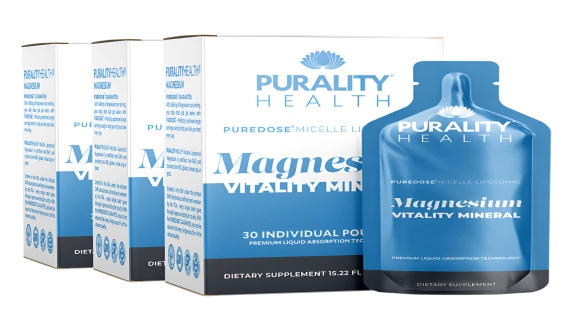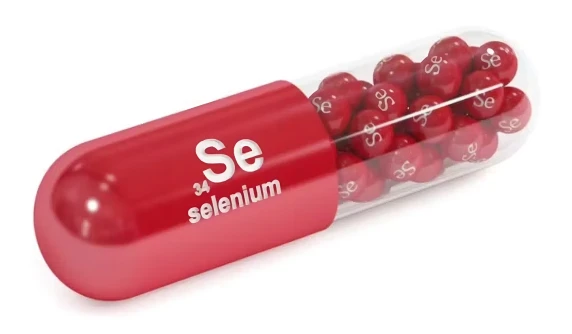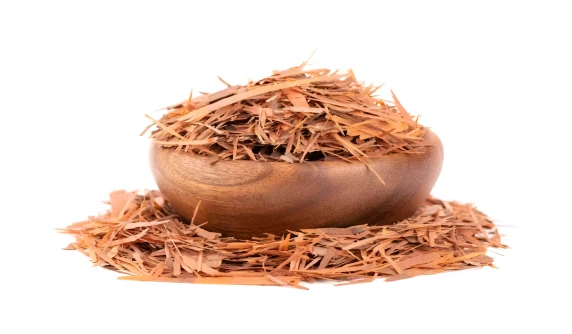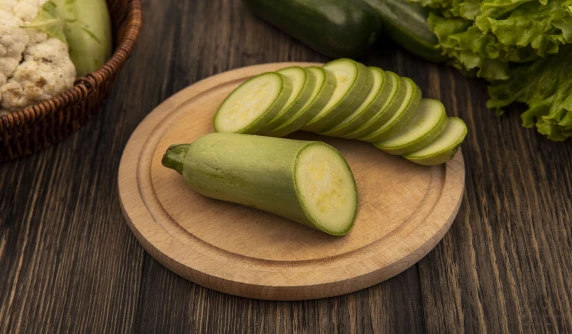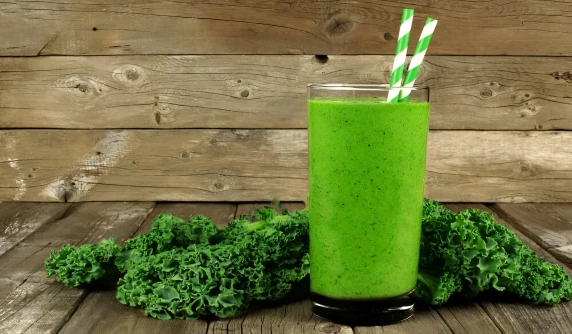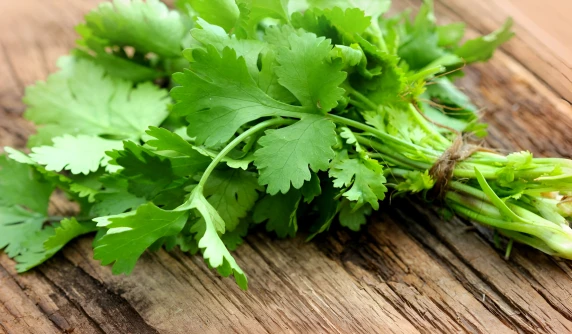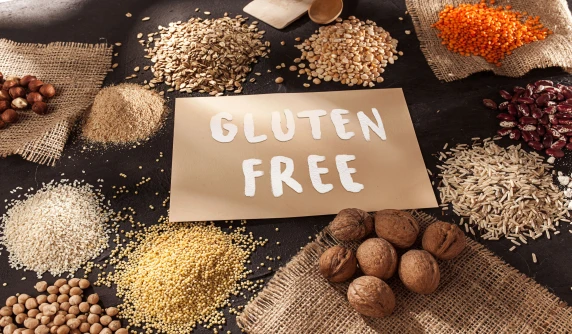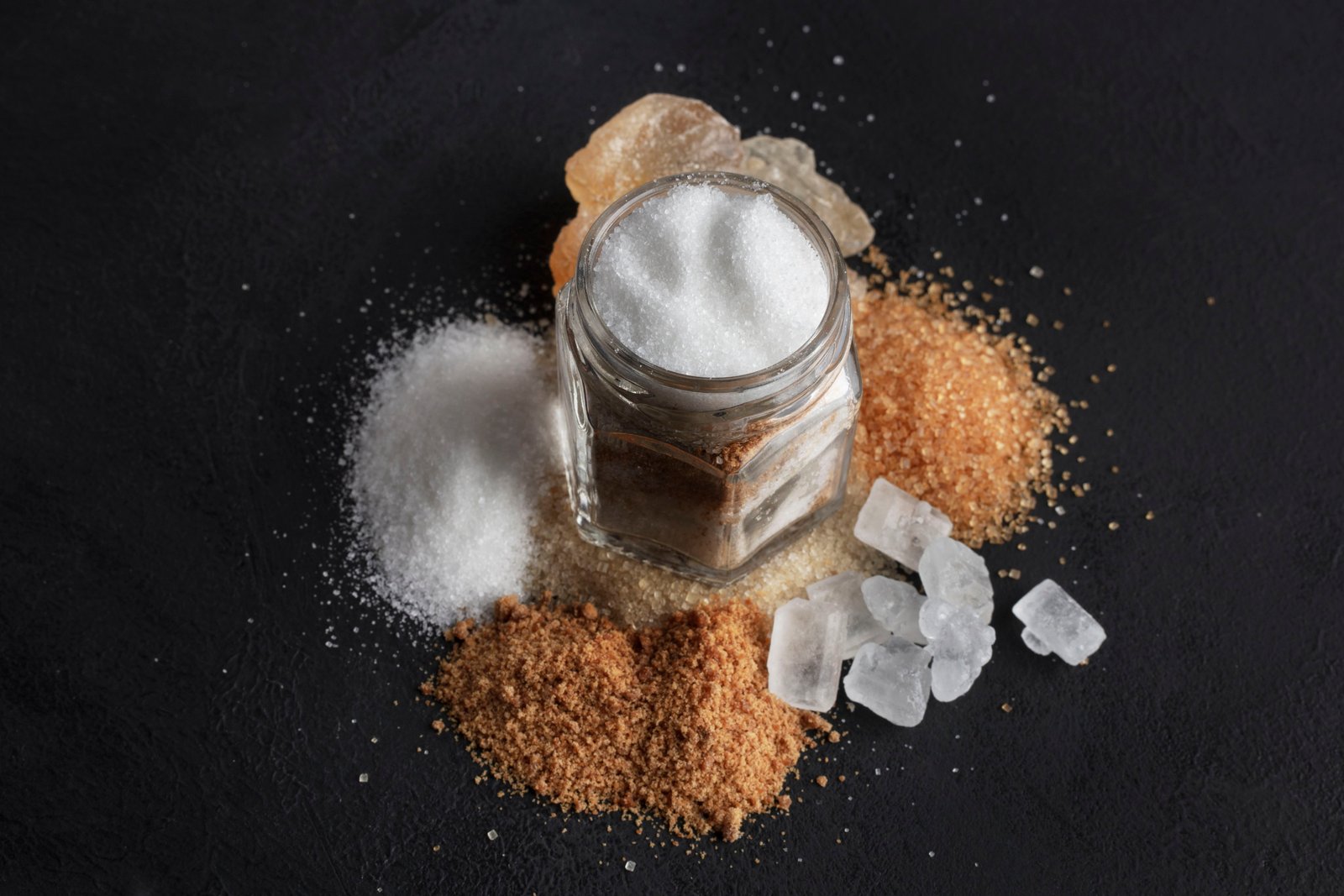
For many years, sugar alternatives have been utilized. Research indicates that certain solutions, even if deemed safe at one point, may have negative health implications.
Sugar alcohols have been promoted as a healthier substitute amid worries about artificial sweeteners, but are they harmful to you?
Let's examine the advantages and disadvantages of sugar alcohol consumption for health and choose which ones to avoid.
What are sugar alcohols?
Sugar alcohols are a naturally occurring type of carbohydrates that can be made by hydrogenating sugars and starches and are present in fruits, vegetables, and other plants.
Not because they contain ethanol or make you intoxicated, but rather because of their chemical makeup, they are known as alcohols.
Sugar alcohols taste sweet, just like regular sugar, but they are far lower in calories and have less of an effect on blood sugar levels. They are frequently found in foods without added sugar and low-calorie items like ice cream, baked goods, and drinks.
These sweeteners can produce a cooling effect that improves the mouthfeel of sugar-free gum, mints, and toothpaste. They are also employed as bulking agents.
Sugar alcohols vs. artificial sweeteners
The methods of production and physiological effects of sugar alcohols and artificial sweeteners are different.

Artificial sweeteners
The majority of artificial sweeteners, including saccharin, sucralose, and aspartame, are essentially synthetic, as their name implies.
These artificial sweeteners are produced in labs by chemically altering fundamental components like sugar, toluene, or amino acids.
As a result, a product is created that stimulates taste receptors to simulate the sensation of eating sugar and increases the impression of sweetness.
Some artificial sweeteners have the ability to be 20,000 times sweeter than table sugar without having the same calories or effects on insulin and blood sugar levels.
However, using artificial sweeteners to sweeten food is contentious because research has shown that they can pose major health risks due to their highly processed nature.
A metabolite of sucralose called sucralose-6-acetate has been linked to gastrointestinal inflammation and may potentially damage DNA, according to a study published in Critical Reviews in Toxicology.
Furthermore, it seems that some artificial sweeteners may activate genes linked to cancer, oxidative stress, and inflammation.
Sugar alcohols
On the other hand, sugar alcohols like xylitol, erythritol, and sorbitol are in between sugar and artificial sweeteners.
In contrast to artificial sweeteners, some sugar alcohols can be made in labs but are also found naturally in various foods and plants, like birch trees, berries, and grapes.
Nevertheless, compared to artificial sugars, sugar alcohols are typically produced using less complicated procedures. This produces a sweetener that is more naturally derived and has a taste and consistency that are comparable to table sugar.
Some sugar alcohols maintain a largely digestible chemical structure because of the streamlined modification process. Artificial sugars, on the other hand, do not undergo digestion or metabolism.
Because of this, the type of sugar alcohol consumed and its individual effects on blood sugar levels might vary, as can the sugar alcohol's calorie content.
Sugar alcohols vs. sugar
Sugar alcohols provide a number of benefits over normal sugar.
In order to prevent the sharp surge in blood sugar that occurs after consuming sugary foods, people look for alternatives to sugar.
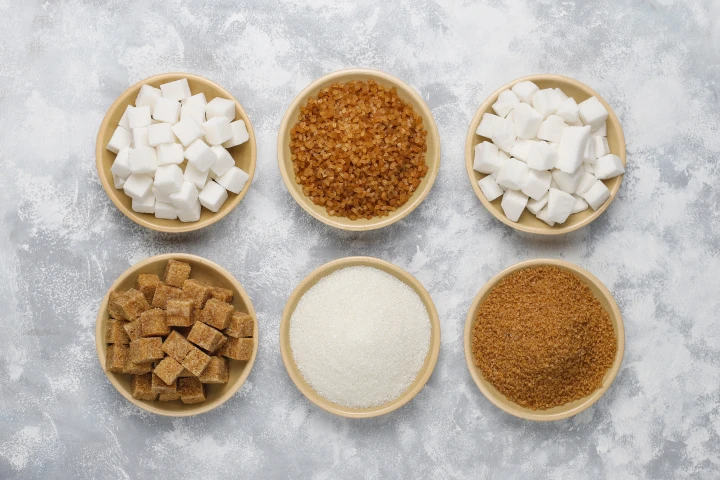
Blood sugar swings brought on by sugar can have both short-term and long-term negative health impacts, such as bloating, weight gain, weariness, irritability, and brain fog.
Furthermore, consuming sugar has been linked to a number of grave illnesses, such as diabetes, obesity, heart disease, stroke, and insulin resistance.
Sugar alcohols are a popular choice for people who are seeking to manage their diabetes or obesity or who want to reduce weight because they typically have half the calories or fewer of normal sugar.
Furthermore, unlike ordinary sugar and corn syrup, which are the main causes of tooth decay, xylitol can improve dental health by preventing the growth of germs that cause cavities, according to research published in Clinical, Cosmetic Investigational Dentistry.
Do sugar alcohols affect your blood sugar?
Depending on the kind, the body can absorb sugar alcohols to different degrees.
Certain sugar alcohols, such erythritol, are not well absorbed and have little effect on blood sugar levels. Maltitol, on the other hand, can raise blood sugar levels significantly and is easier to digest.
The following list includes the most prevalent sugar alcohols and their glycemic index (GI) values:
-
Erythritol = 0
-
Mannitol = 0
-
Xylitol = 7 - 13
-
Lactitol = 6
-
Sorbitol = 9
-
Isomalt = 9
-
Maltitol = 35 - 52
The GI shows how the blood sugar levels are impacted by various sugar alcohols. Blood sugar levels are less affected by lower GI index values, and there is no effect on blood sugar balance when the GI index is zero.
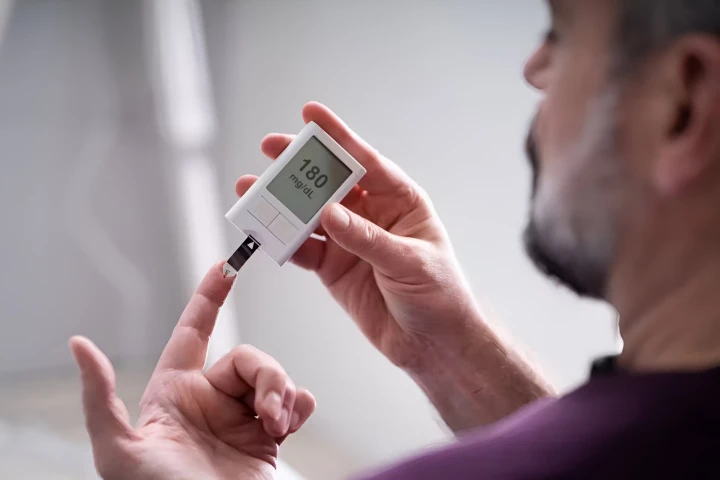
Can you have sugar alcohol sweeteners on keto?
For people on a ketogenic diet who are still experiencing sugar cravings, sugar alcohols are a popular option.
But it's important to select sugar alcohols that won't affect blood sugar levels and stay away from those that have negative effects and can force you out of ketosis.
Best sugar alcohol sweeteners
Since erythritol doesn't break down or absorb in the digestive system, it has a GI of zero and very no calories, making it the best alcohol sugar according to many.
Erythritol is also a better alternative for people with sensitive stomachs because it doesn't breakdown as easily as other alcohol sugars like sorbitol and maltitol, which can upset the stomach.
Another great sugar alcohol substitute is xylitol. Despite having a slightly higher GI than erythritol, xylitol is preferred by many due to its more closely related taste to sugar.
Other good alternative sweeteners
Both stevia and monk fruit are excellent options for people looking for a more natural sugar substitute that will still fulfill their sweet craving without having an adverse effect on their blood sugar levels.
Stevia, which comes from the leaves of the Stevia rebaudiana plant, commonly referred to as candyleaf, is 150–450 times sweeter than ordinary sugar, calorie-free, and has a GI of zero.
Stevia is extensively accessible as a liquid or powder. But you may also use fresh leaves from your own stevia plants to organically sweeten your favorite drinks.
Furthermore, studies that are published in the EXCLI Journal emphasize stevia's numerous health advantages that go beyond its use as a natural sweetener.
Stevia products have strong antibacterial, antioxidant, and immunomodulatory qualities, and they may help treat polycystic kidney disease. The researchers also discovered that stevia products may increase the synthesis of insulin.
Like stevia, monk fruit is a naturally occurring sugar substitute with no calories that is 150–200 times sweeter than sugar and has a GI of zero.
Data on monk fruit's anti-inflammatory, anti-fatigue, anti-cancer, and antibacterial qualities were reported in Frontiers in Pharmacology.
Worst sugar alcohol sweeteners
Often used in sugar-free candies, maltitol is among the worst sugar alcohol sweeteners.
Maltitol, which has a GI of 52, can raise blood sugar levels significantly, much like table sugar.

Furthermore, two frequent ingredients in sugar-free and diet products, maltitol and sorbitol, can upset your stomach.
When sorbitol is ingested in bigger quantities, the gastrointestinal side effects might include severe diarrhea, bloating, gas, and stomach cramps, per a study published in Canadian Family Physician.
How to spot unhealthy sugar alcohols
Not all sugar alcohols have the same effects on different people, nor are they all made equal.
Because of this, it's critical to thoroughly review the ingredient list in order to steer clear of sugar alcohols like maltitol and sorbitol that have been connected to health problems.
Many highly processed sugar-free items, such as candy, baked goods, ice cream, and diet drinks, contain these potentially dangerous sugar alcohols.
Choose products sweetened with erythritol and xylitol instead of lactitol, isomalt, and hydrogenated starch hydrolysates (HSH), as these ingredients may raise the possibility of negative consequences.
"Opt for organic or non-GMO sugar alcohols when selecting them to minimize exposure to undesirable additives and pesticide residues," says Berg.
When selecting sugar replacements, people with blood sugar issues or digestive issues should exercise caution and speak with a healthcare provider before incorporating them into their diet.
Key takeaways
Is alcohol made of sugar unhealthy? Selecting and consuming sugar alcohol sparingly might make it a good sugar alternative.
The finest sugar alcohol substitutes are erythritol and xylitol; maltitol and a few other types should be avoided. Since they have no calories and don't raise or lower blood sugar, natural sweeteners like stevia and monk fruit are also excellent substitutes for sugar.
Make sure you thoroughly read food labels to determine the kind of sweeteners used in the product, and steer clear of overly processed sugar-free meals and drinks.
Frequently asked questions
Are sugar alcohols bad for you?
Most sugar alcohols are harmless as long as they are used in moderation. On the other hand, excessive use of sugar alcohols can cause digestive problems in some people, such as water retention, bloating, gas, and diarrhea.
It's advised to stay away from maltitol, a popular sugar substitute, as it can also result in blood sugar increases that are connected to weight gain.
Is sugar alcohol worse for you than sugar?
Generally speaking, sugar alcohol can be a better option than ordinary sugar, especially for people who are attempting to limit or eliminate their sugar intake.
But beware of sugar alcohols like maltitol, which can raise blood sugar levels just as much as table sugar and should be avoided.
Do sugar alcohols cause weight gain?
Overindulging in sugar alcohols, such as maltitol, can result in substantial insulin spikes that impede fat metabolism and encourage the body to store fat.
Other sugar alcohols, including erythritol and xylitol, on the other hand, have no effect on blood sugar levels, which makes them excellent choices for people on the ketogenic diet and those trying to reduce weight.
Do sugar alcohols cause inflammation?
The relationship between sugar alcohol and inflammation has not been well studied. On the other hand, it has been demonstrated that some sugar substitutes, including artificial sweeteners, cause inflammation in the body.
What is the best type of sugar alcohol?
When taken in moderation, erythritol has a low calorie content, a zero glycemic index, and a low risk of digestive adverse effects, making it one of the best sugar alcohols.
What sugar alcohols are keto-friendly?
The two sugar alcohols that are thought to be most keto-friendly are erythritol and xylitol.
